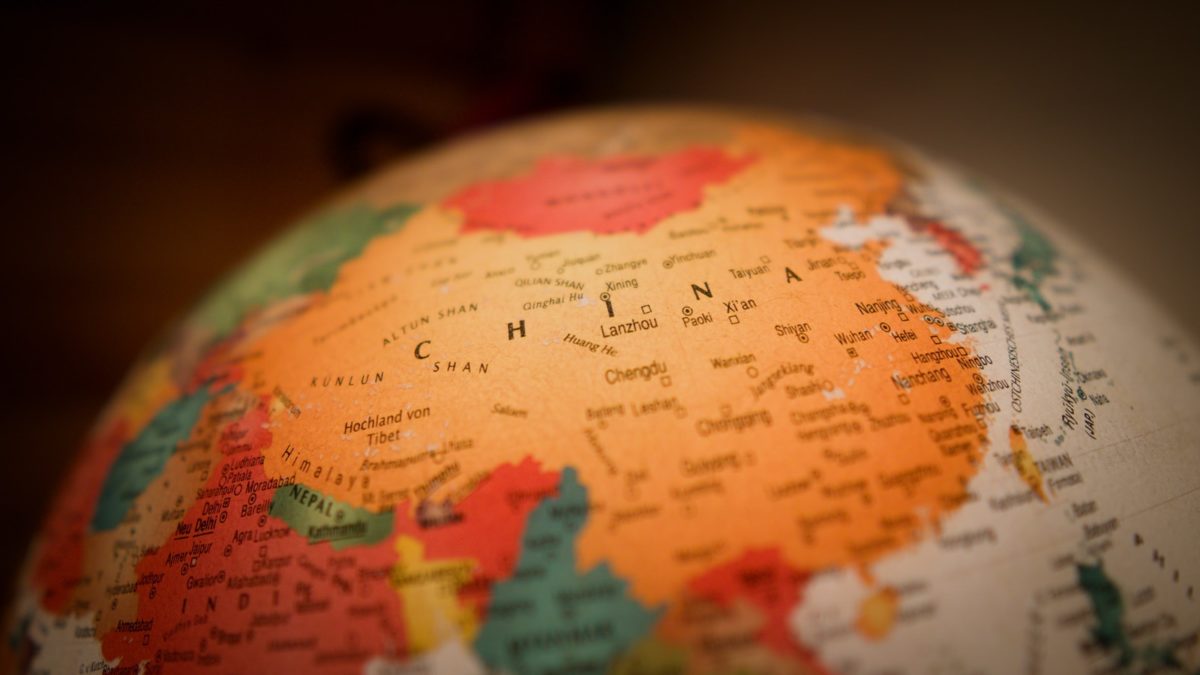Sports
China faces omicron test weeks ahead of Beijing Olympics

Utahns packing for China are on alert for global COVID trends. Photo: Christian Lue
TAIPEI, Taiwan — Access to Tianjin, a major city adjacent to Beijing, was suspended Thursday as China tried to contain a highly contagious omicron variant outbreak. The outbreak pressures Beijing’s “zero-tolerance” COVID-19 policy and its ability to successfully host the Winter Olympics.
Tianjin, a port and manufacturing center with 14 million people, is one of a half-dozen cities where the government is imposing lockdowns and other restrictions as part of a policy that aims to track down every virus case. The outbreak in a city close to the Olympic host is particularly worrying.
On Thursday, Tianjin suspended train, taxi, bus, and ride-hailing services to other cities. Flights and high-speed train services were canceled earlier and highways closed. People leaving the city were required to present negative virus tests and receive special permission.
Other countries that tried a similar zero-tolerance approach have abandoned it, deciding instead to try to live with the virus, while mitigating its worst effects.
China persists but may find the strategy increasingly difficult since the omicron variant is more contagious than previous versions of the virus. That challenge comes just as China is welcoming thousands of people from abroad for the Olympics, which begin February 4.
“I think it truly is a critical juncture for China. Can it stave off omicron?” said Dali Yang, a Chinese politics expert at the University of Chicago.
China reported 124 domestically transmitted cases on Thursday, including 76 in Henan province and 41 in Tianjin.
In July, during the Tokyo Olympics, Japan saw a widespread outbreak driven by the delta variant. Still, the measures at the Olympics themselves were mostly effective in stopping transmission, said Kenji Shibuya, research director at the Tokyo Foundation for Policy Research and a public health expert.
The rules in Beijing will be even stricter than Tokyo’s.
The Games are being conducted under a “closed-loop” system that is meant to prevent all contact between the outside world and athletes, journalists, staff, and officials at the Olympics.
Those inside the Games bubble will travel between hotels and competition venues in special vehicles. Anyone who leaves the sealed environment will be required to quarantine for three weeks. Police even went so far as to warn anyone involved in a collision with an Olympics vehicle to avoid contact with people on board and wait for a special team to handle the situation.
Such measures should prevent the spread of the virus within the bubble, said Kei Saito, a virologist at the University of Tokyo.
Tianjin conducted mass testing for a second time Wednesday. The government asked people to wait at home until they received a negative result. In recent weeks, communities in Beijing asked their residents to report if they’ve visited the nearby port city.
Organizers are determined the Games will go on despite the pandemic and controversies, including a U.S.-led diplomatic boycott over accusations of human rights abuses against mostly Muslim minorities in China’s northwest.
“The world is turning its eyes to China,” President Xi Jinping said during an inspection tour last week. “And China is ready.”



















